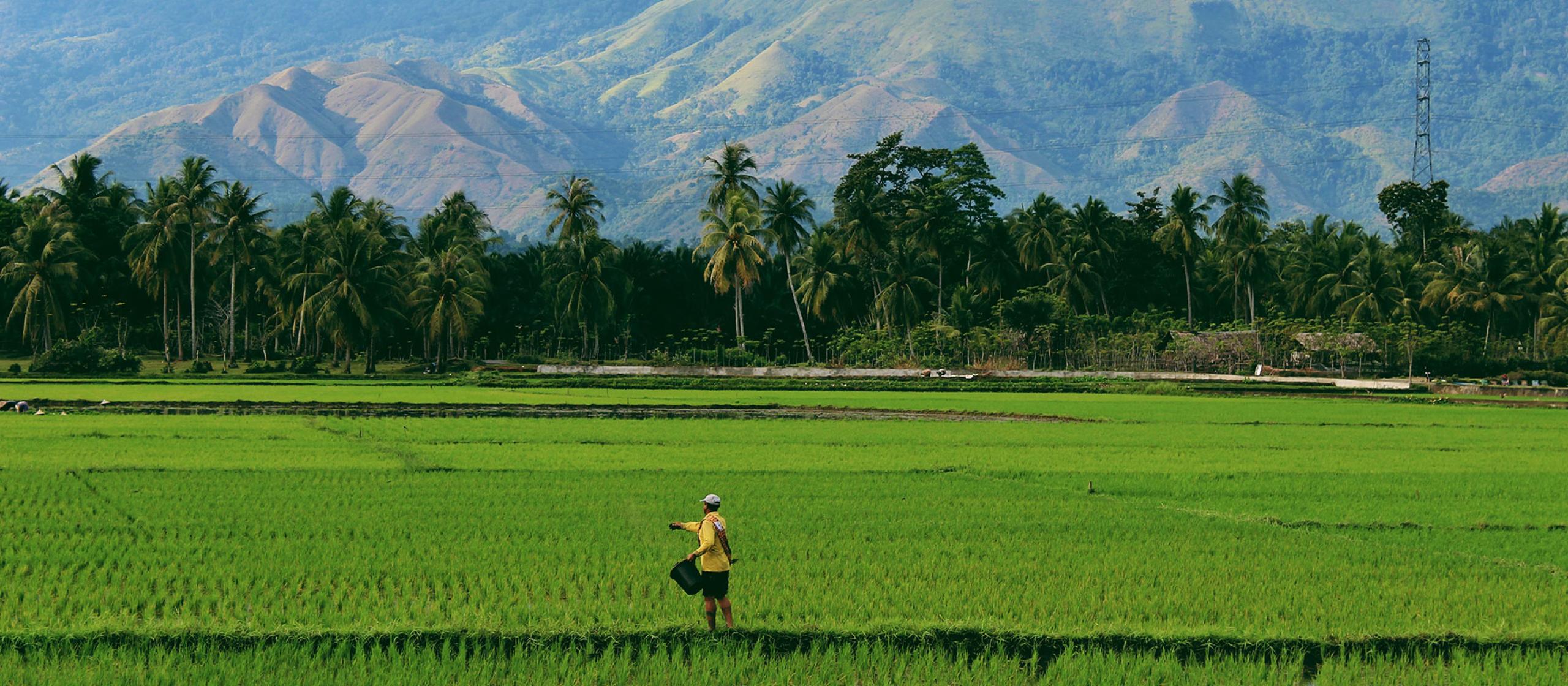- HomeHome
-
About ACIAR
- Our work
- Our people
-
Corporate information
- ACIAR Audit Committee
- Commission for International Agricultural Research
- Policy Advisory Council
- Agency reviews
- Executive remuneration disclosure
- Freedom of information (FOI)
- Gifts and benefits register
- Information publication scheme
- List of new agency files
- Contracts
- Legal services expenditure
- Privacy impact assessment register
- Commonwealth Child Safe Framework
- Benefits to Australia
- Careers
- 40 years of ACIAR
-
What we do
- Programs
- Cross-cutting areas
- Resources
- Where we work
-
Funding
- Research projects
- Fellowships
-
Scholarships
- John Allwright FellowshipScholarships to study in Australia for ACIAR partner country scientists to have Australian postgraduate qualifications
- ACIAR Pacific Agriculture Scholarships and Support and Climate Resilience Program
- Alumni Research Support Facility
- Publications
- News and Outreach
Date released
28 September 2021
In a first for the country, Indonesia is reviewing its agricultural research, development and extension sector with a view to transforming how it operates to get better results.
Indonesia was the first country that ACIAR struck up a relationship with nearly 40 years ago, in 1982. ACIAR and its various ministry and government partners in Indonesia have subsequently built a network of close ties and more than 115 projects have been completed together.
With the establishment of the latest shared body of work to assess the challenges, constraints and opportunities of agricultural research and innovation, the relationship has taken an even bolder partnership approach.
‘We’ve always dreamed that we might have a higher-level relationship with Indonesia and particularly around strategic engagement on research approaches,’ says Dr Peter Horne, General Manager, Country Partnerships, ACIAR.
Deeper ties
The turning point came when Indonesia’s Ministry of National Development Planning—locally abbreviated as BAPPENAS—approached ACIAR to discuss how the two organisations could work together to transform the country’s agricultural innovation system. BAPPENAS plays a centralised leadership role with capacity and planning authority to influence all national ministries and local government.
According to Dr Horne, BAPPENAS wanted to enable significant change to Indonesia’s agricultural innovation and delivery system. It wanted to review how the system works now, and it wanted to invest resources in implementing changes to that system based on the assessment.
‘It took me about a microsecond to respond,’ says Dr Horne. ‘This is literally what we’ve been looking for, for a long time: a partner country reaching out to us, building on a trusted relationship, to work with them around how they want to invest their resources in changing their agricultural innovations systems.’
The Ministry of Agriculture was immediately looped into the work as ACIAR’s formal local partner.
Assessing impact, identifying opportunities
Another partner working on the project is agribusiness consulting company PT Mitra Asia Lestari.
It has identified that there has been a significant amount of research in Indonesian agriculture over the past 40 years but there is uncertainty whether that has truly translated into productivity gains.
The report being prepared as part of the project will assess whether the system of translating research into outputs and benefits for smallholder farmers is working.
For Dr John Ackerman, Director of PT Mitra Asia Lestari, sharing and implementing knowledge gained from research is always a challenge, but it is central to making the most out of that research.
‘Indonesia’s size, diversity and physical nature—an archipelago country of more than 17,000 islands—makes it all the more difficult to share information with farmers,’ Dr Ackerman says.
‘But it’s not only about sharing knowledge gained with farmers; it’s also about how other information flows can be improved—including to improve market information and yield forecasts.’
Dr Ackerman says he hopes the assessment will identify any critical bottlenecks in the current agricultural research innovation system and ways to streamline it to make it more efficient and effective to help improve people’s lives and increase farm productivity.
‘I’m hopeful that, given this is a rapid assessment on what is a very complex system of agricultural research and innovation involving multiple agencies, the report will be able to identify some simple policy aspects that Indonesia could implement without changing major components or regulations,’ Dr Ackerman says.
‘Just implementing some simple aspects that would improve efficiencies for communication, how research is actually performed and the results disseminated could be key.’
Local impact
ACIAR Country Manager for Indonesia Ms Mirah Nuryati sees the potential for this work to directly support the advancement of smallholder farmers too, and it could also help to build their resilience.
‘Indonesian farmers are in a difficult situation,’ says Ms Nuryati. ‘COVID has limited their ability to transport their produce, and this in turn has affected the supply of food to city-dwellers.
‘Even before COVID, it was recognised that farmers did not have access to the knowledge and resources they needed to develop their farms and their business.’
She adds that opportunities like e-commerce are emerging as fundamental to local food systems. Yet, the complexity of the country’s agricultural research and extension system may not be optimally positioned to assist farmers transforming how they operate and upgrading their farm enterprises.
National commitment
Indonesia is looking to strategically improve food production, food security and food affordability and this assessment is part of that process.
Ms Nuryati emphasises how dedicated the country is to transforming its agricultural sector and aligning all future research plans and projects to a national strategy.
BAPPENAS is uniquely positioned to help—and its leadership in the assessment and its response could be a game-changer.
Its ability to coordinate and lead change could result in research being effectively scaled ‘up’ to support policy decision-making and ‘out’ to support technology uptake and practice change by farmers.
The report covering the assessment is expected to be submitted later this year.



